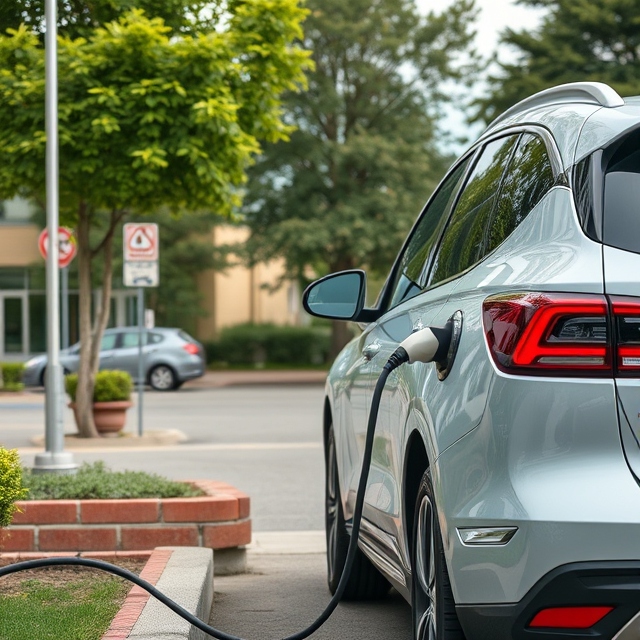
Introduction to Hybrid Technology in Vehicles
Hybrid vehicles represent a significant evolution in automotive technology, combining traditional combustion engines with electric power to create a system that enhances fuel efficiency while reducing emissions. The popularity of hybrid cars, such as the Toyota Prius, Toyota RAV4 Hybrid, and Kia Niro, has surged, as consumers increasingly seek eco-friendly alternatives to conventional gasoline vehicles. This article explores the benefits, functioning, and future of hybrid technology, alongside a comparison with traditional vehicles.
Benefits of Hybrid Cars for the Environment
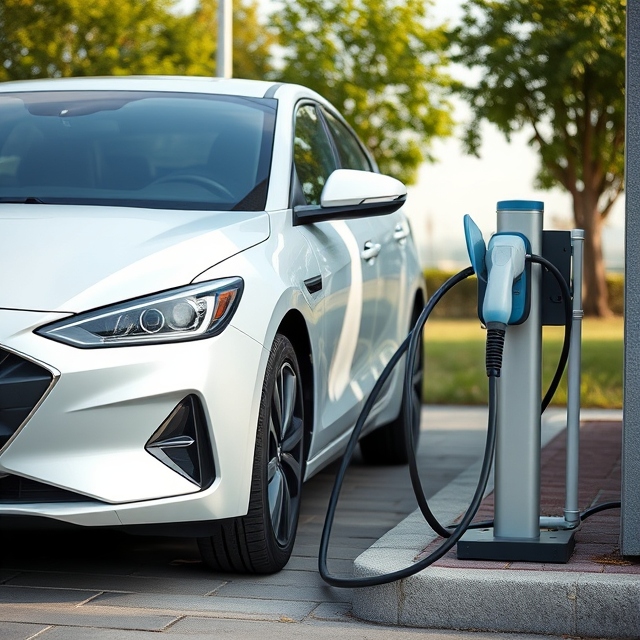
Hybrid cars offer several environmental benefits:
- Reduced Emissions: By utilizing electric power alongside gasoline engines, hybrid cars significantly lower greenhouse gas emissions.
- Better Fuel Economy: Hybrid vehicles, including the 2023 Toyota Highlander Hybrid and Kia Sportage Hybrid, often deliver superior fuel economy compared to their gasoline-only counterparts, reducing the frequency of refueling.
- Sustainable Driving: As eco-conscious behavior grows due to climate change concerns, hybrid vehicles have become a viable choice for sustainable driving.
How Hybrid Engines Work and Their Efficiency
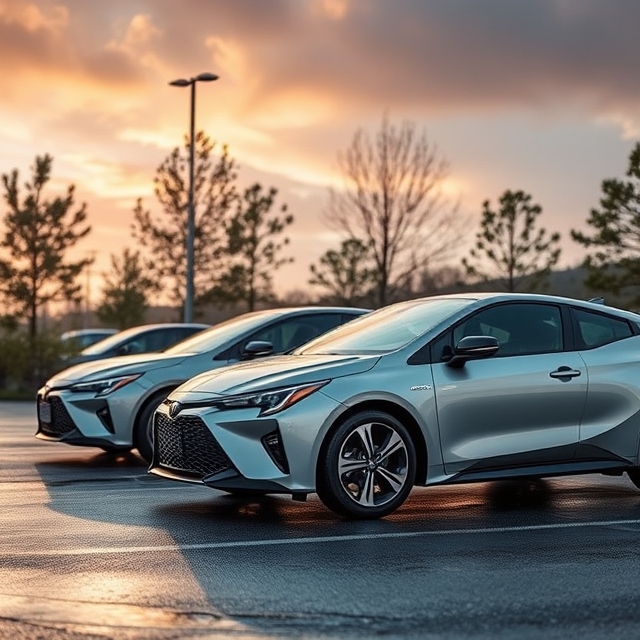
The efficiency of hybrid engines hinges on their dual power systems. A hybrid vehicle can automatically switch between the electric motor and the gasoline engine or use both simultaneously to optimize performance. Here’s how it works:
- Electric Motor: The vehicle operates on electric power during low-speed driving or when idling, which reduces fuel consumption.
- Regenerative Braking: This technology recovers energy normally lost during braking and uses it to recharge the battery.
- Gasoline Engine: When more power is needed, such as during highway driving, the gasoline engine kicks in.
This innovative combination enables models like the 2023 Toyota Prius and Honda CR-V Hybrid to achieve impressive efficiency ratings.
Comparison of Hybrid vs. Traditional Gasoline Vehicles
While traditional gasoline vehicles have been the norm for many years, hybrids are redefining what drivers expect in terms of performance and economy. Key differences include:
| Feature | Hybrid Vehicles | Traditional Gasoline Vehicles |
|---|---|---|
| Fuel Efficiency | High (e.g., RAV4 Hybrid: 40 MPG) | Lower (e.g., average of 25 MPG) |
| Emissions | Reduced (up to 30% lower emissions) | Higher emissions |
| Initial Costs | Often higher purchase price | Generally lower upfront costs |
| Maintenance Costs | Potentially lower due to less wear | Varies widely |
Popular Hybrid Car Models on the Market
There’s an impressive variety of hybrid car models to choose from, showcasing the versatility that hybrid technology offers:
- Toyota Prius: A pioneer in hybrid vehicles, the 2023 Prius continues to dominate with its efficiency and design.
- Toyota RAV4 Hybrid: This hybrid SUV combines spaciousness with fuel economy, perfect for families.
- Kia Niro: The Kia Niro has gained attention for its affordable price and comprehensive features.
- Honda CR-V Hybrid: This model remains a favorite for its reliability and strong performance.
- Hyundai Tucson Hybrid: Offers a sleek design and modern technology features.
Government Incentives for Purchasing a Hybrid Vehicle
Many governments worldwide encourage the adoption of hybrid vehicles through tax incentives and rebates. In the U.S., buyers can often take advantage of:
- Tax credits up to $7,500 for qualifying electric and hybrid cars.
- State-specific rebates for hybrids, which can lower the overall purchase price.
These incentives can make hybrid cars more appealing and financially viable for consumers.
Challenges and Limitations of Hybrid Technology
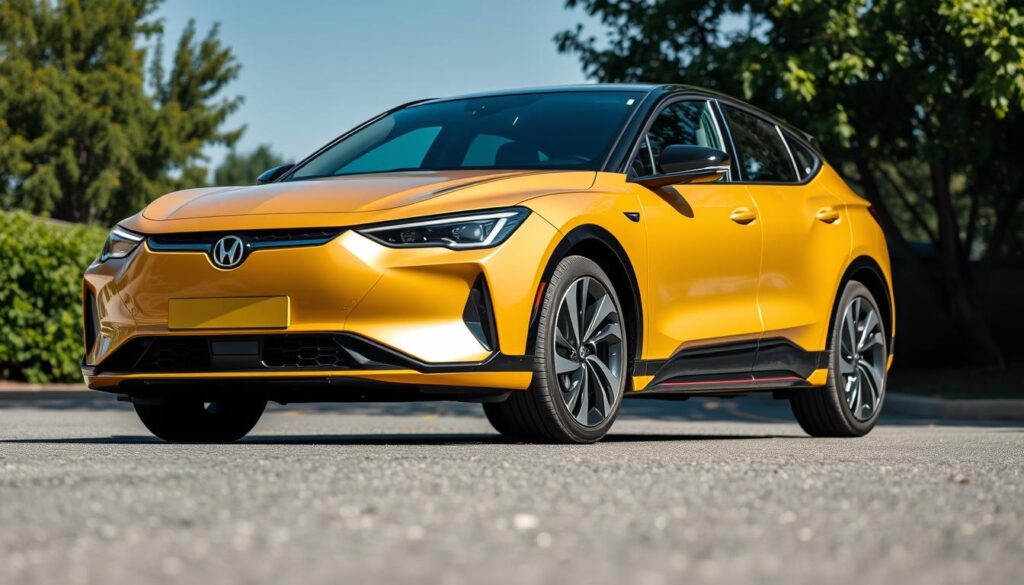
While hybrid cars are a significant step towards eco-friendliness, they face challenges:
- Battery Disposal: The disposal of hybrid batteries can impact the environment if not properly managed.
- Higher Initial Cost: The upfront cost of purchasing a hybrid vehicle can be higher compared to traditional vehicles, although long-term fuel savings may offset this.
- Driving Range: Some hybrid models may have a lower driving range on electric power alone, necessitating switching to gasoline earlier than desired for full electric vehicles.
Future Trends in Hybrid Vehicle Development
As the automotive industry shifts towards more sustainable practices, several trends will shape hybrid technology’s future:
- Improved Battery Technology: Advances in battery technology will enhance the range and reduce charging times.
- Integration with Smart Technologies: Future hybrids may incorporate smart technology allowing drivers to optimize energy use.
- Increased Adoption of PHEVs: Plug-in hybrid electric vehicles (PHEVs), like the 2023 Prius Prime, are likely to gain popularity, offering the benefits of both electric and gasoline power.
Tips for Maintaining and Maximizing a Hybrid Car’s Lifespan
Like any vehicle, hybrids benefit from proper maintenance. To maximize a hybrid car’s lifespan:
- Follow regular maintenance schedules as outlined in the owner’s manual.
- Keep tires inflated for optimal fuel efficiency.
- Use a reputable mechanic familiar with hybrid systems.
- Regularly check the battery’s health with professional assessments.
Conclusion: The Growing Popularity and Future of Hybrid Vehicles
The hybrid vehicle market is flourishing as consumers recognize the benefits of sustainability without compromising performance. With advancements in technology and increasing environmental awareness, hybrid cars, such as the Toyota Highlander Hybrid or the Kia Sportage Hybrid, are set to play a crucial role in the future of transportation. Their growing popularity not only reflects a changing consumer mindset but also highlights the automotive industry’s commitment to a greener future.
FAQs
- Are hybrid cars more expensive to maintain? Hybrid vehicles may have slightly higher maintenance costs due to specialized components, but they often benefit from fewer gas stops and reduced wear.
- What is the life expectancy of a hybrid battery? Most hybrid batteries last between 8 to 15 years, depending on usage and maintenance.
- Do hybrid cars require special fuel? No special fuel is needed; most hybrids run on regular gasoline, although it’s advised to check the owner’s manual.
- Can you drive a hybrid on electric power alone? Yes, many hybrids can operate in electric-only mode for a limited range, particularly at low speeds.
By embracing hybrid technology, consumers are taking a positive step toward a more sustainable future while enjoying the benefits of advanced automotive engineering.
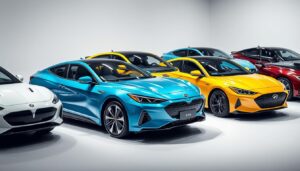
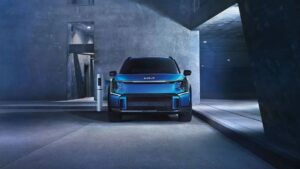




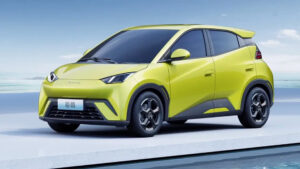
1 thought on “Hybrid Vehicles: The Future of safe Eco-Friendly Driving”
Comments are closed.